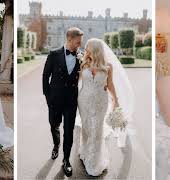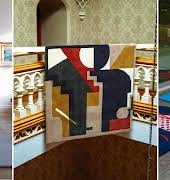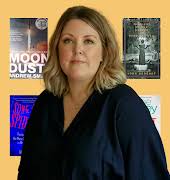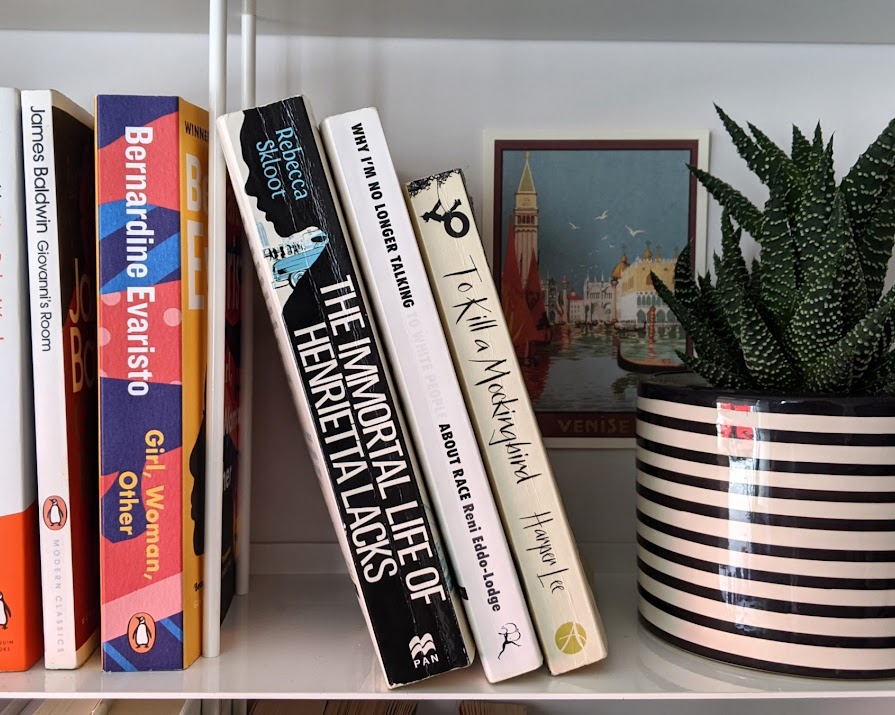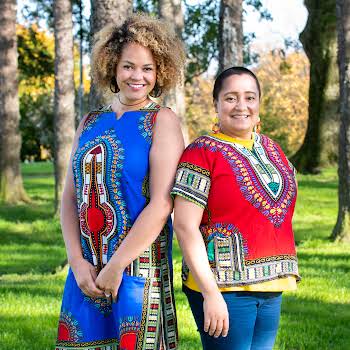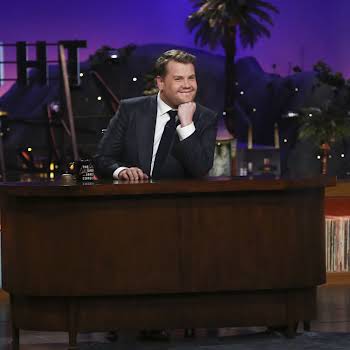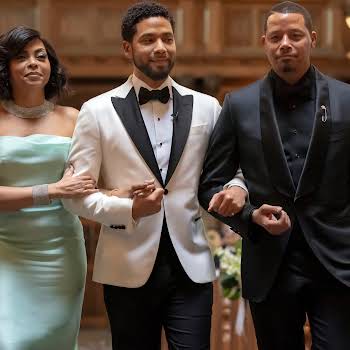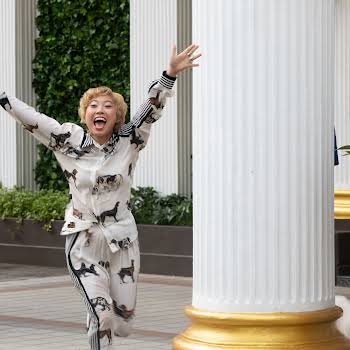By Lauren Heskin
25th Oct 2020
25th Oct 2020
There is no problem with reading books on race, so long as they are used as a tool for action, and not just the action itself.
The last few months have been an eye-opening experience for many of us (myself included) as we have watched the protests break out in the US in response to the murders of George Floyd, Ahmaud Arbery, Breonna Taylor and Rayshard Brooks, to name just a very few.
It’s a sentiment that has stretched across the world as Black Lives Matter protests took place in over 60 countries, including Ireland and we were forced to face (again, myself included) what racism in Ireland looks like now and how it impacts institutions like direct provision.
I think most of us can admit to being devastatingly, painfully, uncomfortably, mortifyingly ignorant when it comes to race relations in Ireland and the rest of the world in 2020. We have struggled to grasp and understand a systemic issue we can never really know, while not burdening those affected by it with the responsibility of educating us; to speak up and talk about the issues while also taking time to listen and #amplifymelanatedvoices.
It’s a fine line to walk but one that we have undoubtedly brought upon ourselves, our privilege making our ignorance a comfy, cushy place to inhabit. I’ve found this Instagram post helpful when it comes to managing these contradictions, with the simplest of instructions – “if you’re leaning too far in one direction, try the other one”.
Something else we have turned to is books.
There has been a plethora of racial justice and BLM reading lists published, including on image.ie, and many have the same few heavy hitters – How to be an Antiracist, Why I’m No Longer Talking to White People About Race, and White Fragility, for example. I too have bought a number of books by Black authors, some fiction, some not, in order to learn more about a system I have so blindingly and wilfully ignored for 29 years.
But then a piece in The Washington Post got me thinking. Titled, ‘When black people are in pain, white people just join book clubs’, it talks about the cyclical nature of white people’s response to Black outrage, the performance of piety and promises to learn more before it ebbs away, ready to return for the next bout of violence against a Black person.
As the writer Tre Johnson points out, “when things get real — really murderous, really tragic, really violent or aggressive — my white, liberal, educated friends already know what to do. What they do is read. And talk about their reading. What they do is listen. And talk about how they listened.”
The reality is that reading and education are tools for action; they are not the action itself.
And we need to start taking the next step.
We need to begin prioritising the impact and not the intention of our actions. The theory of impact versus intent focuses on the importance of the impact of an action over a person’s intention in acting.
Perhaps a person didn’t intend to be racist or insulting but their intention is not relevant here, it’s the impact of their words or actions that matter. That’s the only thing that matters. That’s what Dr Ebun Joseph is saying when she’s asking us to believe people of colour when they talk about their personal experiences of racism.
So yes, we might have helped put a handful of Black authors to the top of best-seller lists for a few weeks, and that might make us feel good, but what has been the impact of our reading? If it’s just reading and talking about our readings, popping the book on a bookshelf where visitors can see it, well then the answer is nothing.
There is no impact on those experiencing racism and discrimination without real action.
View this post on Instagram
Academic Rachel Cargle recently said, “nice does not equal not racist”. It is no longer acceptable to content ourselves with being “good people”. Being kind to people of colour in our lives is not enough. The subjugation and neglect have been so extensive, so entrenched that we need to completely overhaul our thinking and our actions to instigate change.
This is the sentiment behind Ibram X. Kendi’s book How to be an Antiracist. But we have to do more than read it. We have to inhabit it, to act upon it.
We need to stop collecting educational tools and start using them.
And I include myself in all of this.
Read more: ‘Don’t feel guilty for being white – do something with it’ Dr Ebun Joseph speaks out
Read more: I am heartbroken over the brutal murder of George Floyd in my former home of Minneapolis
Read more: ‘The past few weeks have dredged up difficult memories’– growing up as Irish-Nigerian in Ireland




